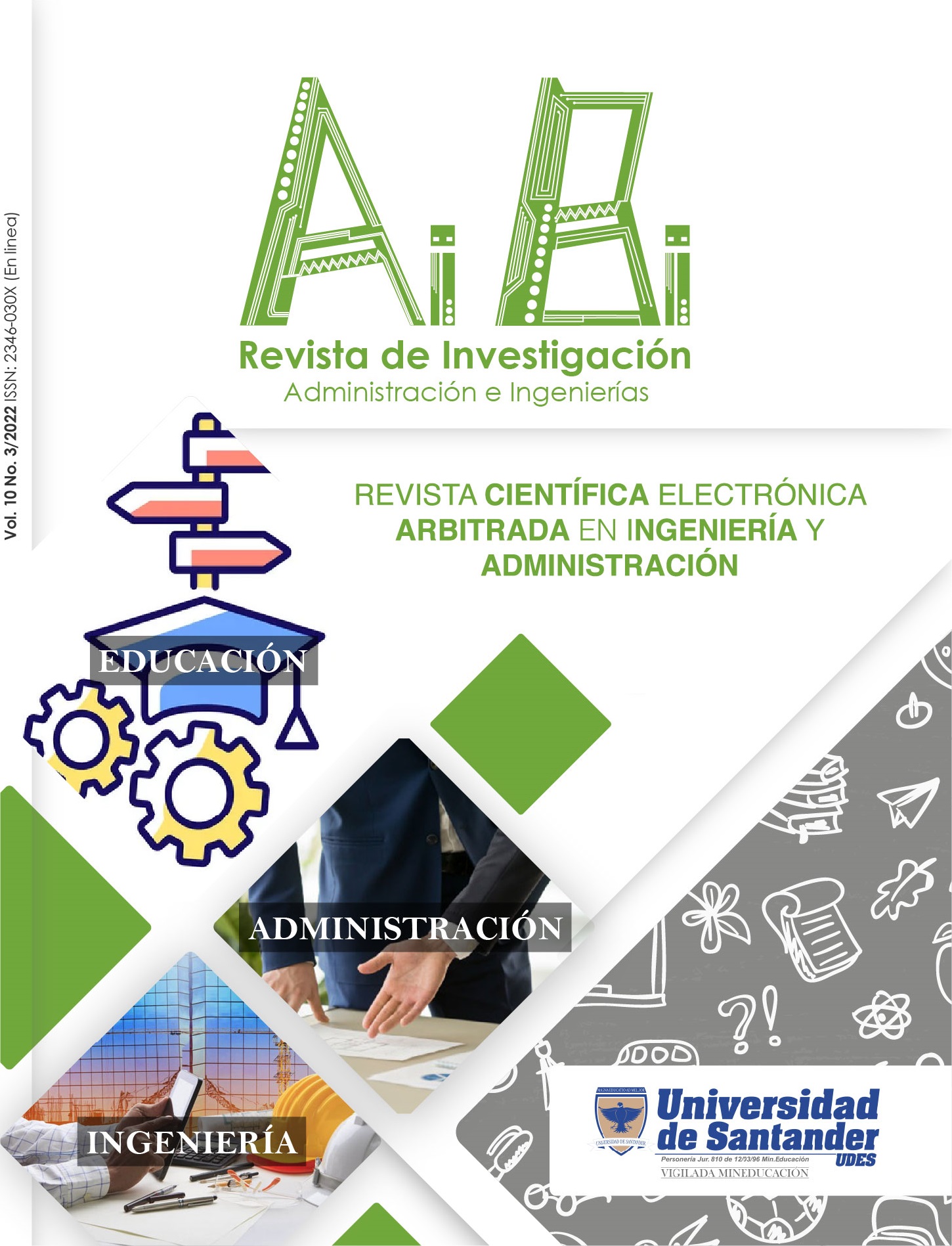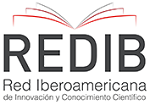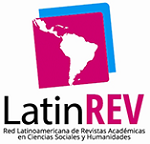Didactic strategy for the training of software tests in the IT professional
DOI:
https://doi.org/10.15649/2346030X.3017Keywords:
software testing, engineering education, competences, experiential learning, didactic strategyAbstract
Training in software testing is relevant at different levels of engineering education, since this activity is knowledge-intensive and relevant to the quality of software products. A definition of competences is necessary to establish differentiated occupational outlets in the labor field. In the software industry it is necessary to recognize the competences to define training profiles of the academic programs associated to the software testing value chain through training strategies according to the demands of the productive sector and the challenges of higher education. Therefore, this study presents the results of a process that validates with the academy and the industry the occupational profiles and competencies of the software testing process to establish a student-centered teaching and learning process through an educational environment that calls for the experiential learning model and the maker culture.
References
F. A. Vargas-Agudelo, D. E. Soto-Duran, J. C. GiraldoMejía, and C. E. Durango-Vanegas, «Representación en el Núcleo de SEMAT de la Norma ISO/IEC/IEEE 29119-2 para identificar patrones en Pruebas de Software,» in Memoria 4to. Congreso Internacional de Investigación e Innovación en Ingeniería de Software, CONISOFT, pp. 41–46, 2016.
D. E. Soto-Duran, J. A. Jimenez-Builes y A. X. Reyes-Gamboa, «A knowledge management model for improving the software test process.,» de In Proceedgins of the 18th European Conference on Knowledge Management, Barcelona, 2017.
S. Tobon, «Formación basada en competencias,» 2006.
L. Schwartz, «Informe de la tercera reunión de la Comisión de la Unión Europea,» Paris, 1994.
(25 de julio de 2019). Decreto 1330.
O. Valverde, «El enfoque de la competencia laboral.,» de Departamento de Publicaciones de Cinterfor/OIT. , Montevideo, 2001.
G. L. Boterf, «Ingeniería de las competencias,» Barcelona, 2001.
J. Gozález y R. Wagenaar, «Tuning Educational Structures in Europe,» Universidad de Deusto, Bilbao, 2003.
M. Escalona, V. Tanja E. y J. Gutierrez, «Pruebas de software en la enseñanza universitaria de la informática: un título propio,» Jornadas de Enseñanza de la Informática, pp. 409-412, 2012.
X. Luo y M. Störmer, «Chancen und Herausforderungen der Organisations-und Personalentwicklung im Zeitalter der Industrie 4.0-Bestandsaufnahme und Ausblick. In Kommunikation und Technik.,» Springer VS, pp. 191-209, 2018.
S. Coşkun, Y. Kayıkcı y E. Gençay, «Adapting Engineering Education to Industry 4.0 Vision.,» Technologies, vol. 7, nº 1, 2019.
R. M. Castro y E. S. Siqueira, «Alternative teaching techniques (active learning) for computer disciplines: A systematic mapping in the Brazil context,» Proc. School Comput. Sci. Workshop, vol. 25, nº 1, 2019.
I. C. Ribeiro M. y O. M. Passos, «A Study on the active methodologies applied to teaching and learning process in the computing area, » IEEE Access, 2020.
D. Kolb, Experiential learning: Experience as the source of learning and development, Englewood Cliffs: NJ: Prentice-Hall, 1984.
E. M. Espinar Álava y J. A. Vigueras Moreno, «El aprendizaje experiencial y su impacto en la educación actual,» Revista Cubana de Educación Superior, 2020.
G. Matturro Mazoni, «Modelo para la gestión del conocimiento y la experiencia integrada a las prácticas y procesos de desarrollo software (Doctoral dissertation, Informatica).,» 2010.
D. I. Castañeda y A. M. Pérez-Acosta, «Cómo ocurre el aprendizaje individual en el aprendizaje organizacional? Una revisión del modelo Crossan, Lane y White.,» Revista Interamericana de Psicología Ocupacional, vol. 24, pp. 1-15, 2005.
A. Bandura, «Teoría del Aprendizaje Social,» Espasa-Calpe, 1982.
A. Bandura, Social foundations of thought and action: A social cognitive theory., New Jersey: Prentice Hall, 1986.
D. E. Soto-Duran, «Tesis Doctoral Modelo de gestión de conocimiento aplicado a las pruebas de software.,» 2017.
J. Aquilino A., J. d. Andrés, C. Nieto, M. Suárez, J. R. Pérez, A. Cernuda, C. Luendo, A. B. Martínez, M. Riesco, D. F. Lanvín, J. E. Labra, M. D. Fondón y J. M. Redondo, «Definición de competencias específicas y genéricas del ingeniero en informática.,» Docencia Universitaria Proyectos de Innovación Docente., 2006.
IEEE Computer Society, «Software Engineering Competency Model Version 1.0 (SWECOM),» 2014.
P. Bourque y R. Fairley, «Guide to the Software Engineering Body of Knowledge, Versión 3.0, IEEE Computer Society, .,» 2014.
ACM/IEEE Computer Society, «Computer Engineering Curricula 2016,» 2016.
A. Flebes, T. Capote, Y. León, A. Velásquez, R. Delgado y R. Calzadilla, «Una experiencia novedosa para el testing desarrollada por un departamento de pruebas de software.,» Revista cubana de ciencias informáticas, pp. 1-15, 2011.
W. Sheikh, «Teaching C++ programming using automated unit testing and test-driven development—Design and efficacy study,» Computer Applications in Engineering Education, vol. 30, nº 3, pp. 821-851, 2022.
A. Cernuda, «Una experiencia de generación personalizada de ejercicios de pruebas de software.,»,» Jornadas de enseñanza universitaria de la informática (JENUI), pp. 190-196, 2010.
D. Jústiz, D. Gómez y M. Delgado, «Proceso de pruebas para productos de software en un laboratorio de calidad.,» Ingeniería industrial, pp. 131-145, 2014.
D. Dougherty, «The Maker Movement,» Innovations: Technology, Governance, Globalization, vol. 7, nº 3, pp. 11-14, 2012.
J. Dewey, Experience and Education, New York: The Macmillan Company, 1956.
L. Martin, «The Promise of the Maker Movement for Education,» Journal of Pre-College Engineering Education Research (J-PEER), vol. 5, nº 1, pp. 30-39, 2015.
B. Taulor, «Evaluación del beneficio del movimiento maker en la educación K-12 STEM,» Electronic International Journal of Education, 2016.
M. Montanero Fernandez, «Métodos pedagógicos emergentes para un nuevo siglo ¿qué hay realmente de innovación?,» Revista Interuniversitaria, pp. 5-34, 2019.
Downloads
Published
How to Cite
Issue
Section
Altmetrics
Downloads
License
The journal offers open access under a Creative Commons Attibution License

This work is under license Creative Commons Attribution (CC BY 4.0).












